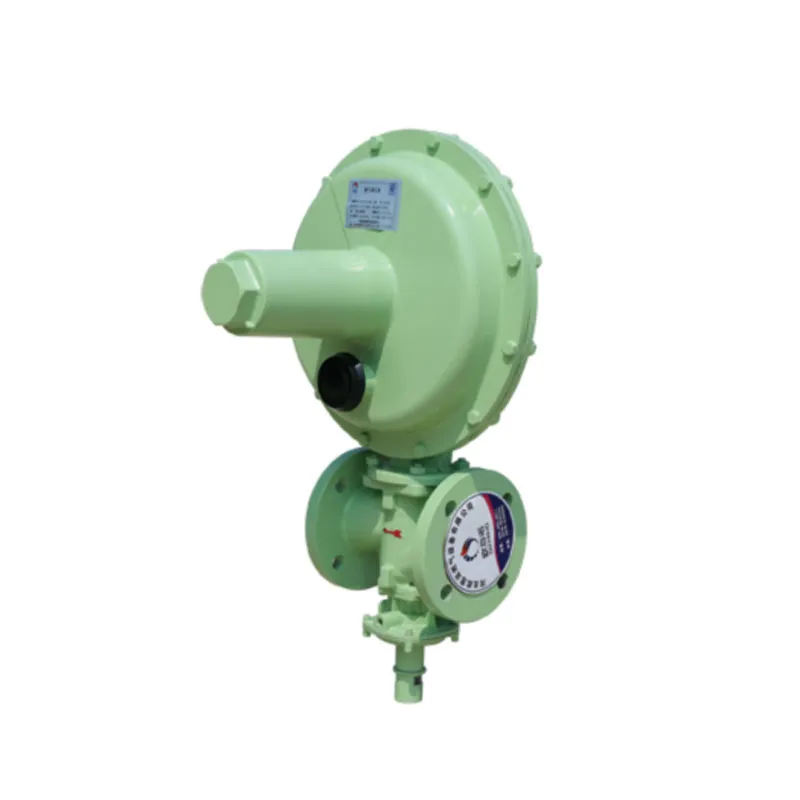
Oct . 07, 2024 00:52
Back to list
natural gas filtration
Natural Gas Filtration Ensuring Clean Energy for the Future
Natural gas has emerged as one of the primary sources of energy in the modern world, known for its efficiency and relatively lower carbon emissions compared to other fossil fuels. As demand continues to rise, the importance of effective natural gas filtration becomes increasingly critical. This process not only enhances the quality of natural gas but also ensures compliance with environmental regulations, protects infrastructure, and promotes safety in transportation and consumption.
Understanding Natural Gas Composition
Natural gas primarily consists of methane (CH4), but it also contains various other components, such as ethane, propane, butane, carbon dioxide, nitrogen, hydrogen sulfide, and water vapor. Impurities in natural gas can arise from geological formations, extraction processes, and transportation; these impurities can have detrimental effects on both equipment and end-users. Hence, it is essential to conduct effective filtration not just for the purity of the gas, but also to ensure the safety and longevity of the systems that utilize it.
The Filtration Process
Natural gas filtration consists of several stages that aim to remove these impurities. The first stage typically involves the removal of larger particulates, such as dirt and dust. This is accomplished through mechanical filters, which employ physical barriers to block larger particles while allowing gas to flow through.
Following mechanical filtration, the process often includes the use of chemical scrubbing methods to remove harmful gases, such as hydrogen sulfide and carbon dioxide. Chemical scrubbing may utilize amine solutions or other absorbents designed to selectively react with or capture these undesired components.
Additionally, drying agents may be employed to remove moisture from the gas, which is crucial for preventing corrosion in pipelines and storage facilities. The inclusion of desiccants, such as silicates or molecular sieves, can effectively absorb water vapor, ensuring that the natural gas delivered is as dry as possible.
natural gas filtration

Technologies in Filtration
Advanced filtration technologies have been developed to enhance the efficiency and effectiveness of natural gas filtration. One notable innovation is the use of membrane technology, which allows for the selective separation of gases based on their size and permeability. Membrane filters can effectively separate methane from other gases, resulting in a higher purity product.
Nanotechnology has also made strides in filtration processes. Nanofilters incorporating nanomaterials promise higher efficiency levels in removing smaller particles and gases. This can significantly reduce the operational costs associated with traditional filtration methods, as fewer resources are required to reach the desired purity level.
Environmental and Economic Implications
The effective filtration of natural gas has far-reaching implications for both the environment and the economy. By ensuring that only high-purity natural gas enters the market, we can reduce greenhouse gas emissions and other pollutants associated with burning and utilizing gas with high impurity levels. This contributes to a cleaner environment and helps to mitigate climate change effects.
From an economic perspective, cleaner natural gas means fewer energy losses during combustion and increased efficiency for power generation and industrial applications. Moreover, improved natural gas quality helps in protecting pipelines and other infrastructure from damage, thereby reducing maintenance costs and prolonging the lifespan of equipment.
Conclusion
In summary, natural gas filtration is a crucial process that supports the energy sector's transition towards cleaner and more sustainable energy sources. By utilizing a variety of filtration technologies and techniques to ensure high gas purity, we can enjoy the benefits of natural gas while safeguarding public health and the environment. As the demand for energy continues to rise, investing in advanced filtration solutions will be vital in maintaining the integrity of natural gas as a key player in our energy future. With ongoing innovations, the natural gas industry is poised for a cleaner, more efficient era, proving that effective filtration is not just a necessity but a pathway towards sustainable energy solutions.
Next:
Latest news
-
Safety Valve Spring-Loaded Design Overpressure ProtectionNewsJul.25,2025
-
Precision Voltage Regulator AC5 Accuracy Grade PerformanceNewsJul.25,2025
-
Natural Gas Pressure Regulating Skid Industrial Pipeline ApplicationsNewsJul.25,2025
-
Natural Gas Filter Stainless Steel Mesh Element DesignNewsJul.25,2025
-
Gas Pressure Regulator Valve Direct-Acting Spring-Loaded DesignNewsJul.25,2025
-
Decompression Equipment Multi-Stage Heat Exchange System DesignNewsJul.25,2025

